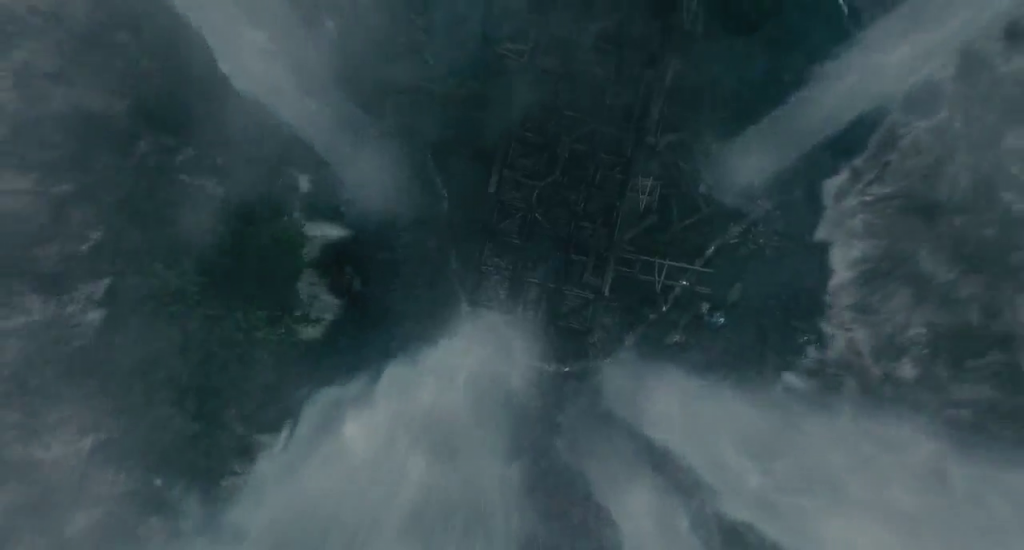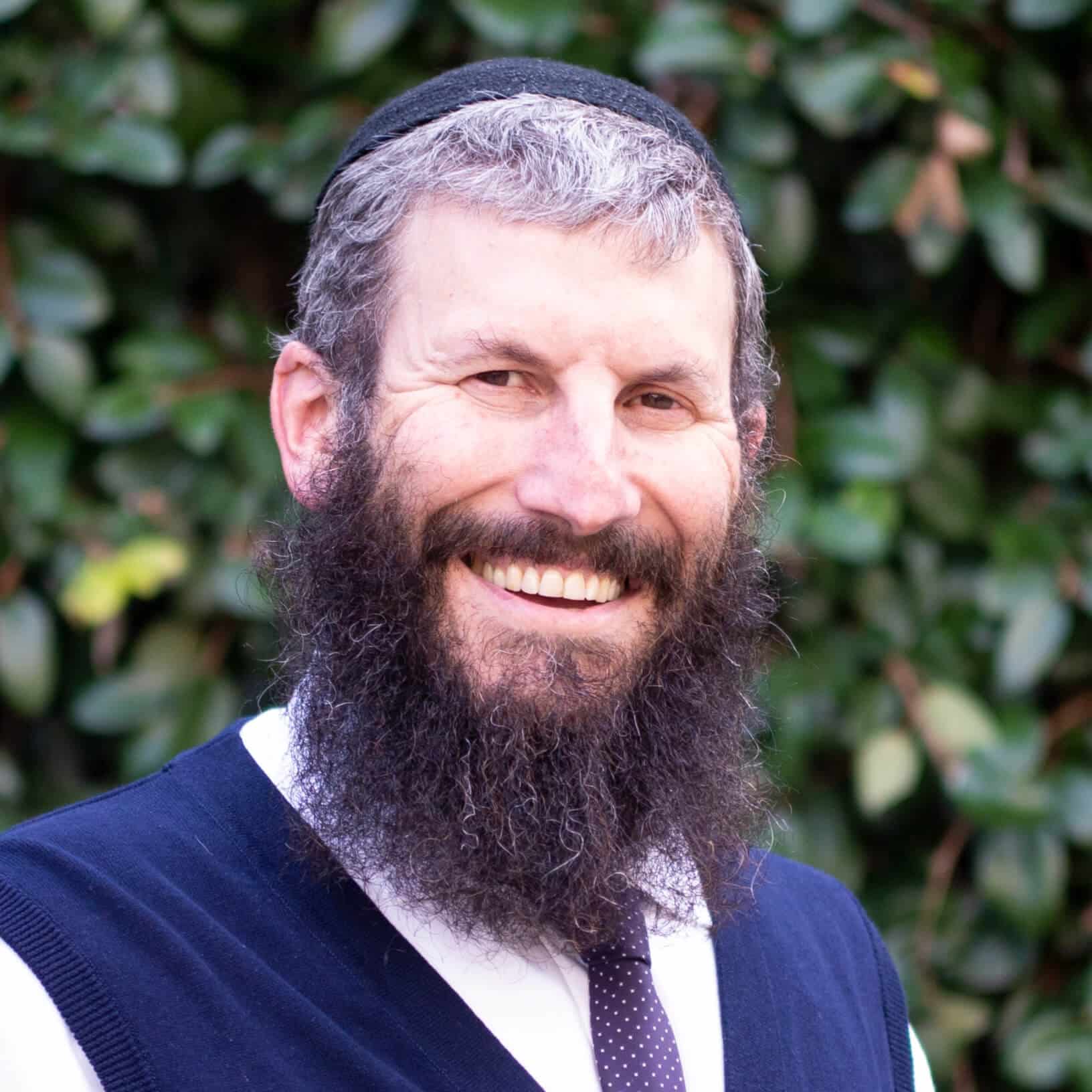
In order to avoid widespread climate catastrophe we must influence human behavior — hopefully with better results than Noah.
The future of life on Earth is in peril, as in the days of Noah. A report issued by the Intergovernmental Panel on Climate Change warns that by 2040 extreme climate changes will be underway. Surface and ocean temperatures, extremes in precipitation, drought, rising sea-levels, mass species loss and other alterations will have far-reaching negative impacts on human health, livelihood, food security, water supply, national security, and economic growth. The ninety-one scientists who authored the report warn that immediate and drastic action is required to save the planet from irreversible catastrophe.
This dire report on climate change was released the same week that we read Parshat Noah, the Torah’s account of how God sent an apocalyptic flood to punish humanity. While Noah saved himself, his family and a sampling of Earth’s creatures on an ark, the rest of terrestrial life was destroyed. No matter if you believe or not in the veracity of the story of Noah and the flood, the IPCG forecast is not so different than the dangers that faced Earth in Noah’s story. The world as we know is in serious danger. There isn’t even time to build an ark big enough to save us all.
Noah’s Story of Climate Change has Lessons for Today
The story of Noah can teach us some important lessons about our reactions to the news of climate change today. Noah knew that humanity could be saved if they changed their behavior. However, Noah wasn’t able to influence the people of the day to change their ways. The life-boat that Noah built over a period of 120 years was meant as a warning for people but ended up becoming something that people ignored.
According to Midrash, Noah didn’t enter the ark right away but waited until the water reached his knees. It wasn’t that Noah lacked faith in God. Noah thought that God was loving and merciful and wouldn’t follow through and destroy everything. He didn’t think his contemporaries would be so stubborn. He was sure that people would repent at the last moment and avoid disaster. To their own peril, they ignored Noah even after the waters began to rise.
How important is the 120-year gap between Noah starting the ark and the eventual flood? Perhaps it’s just an arbitrary number of years that the Midrash choose to demonstrate the people’s obstinance? It turns out that 120 is significant, as it was just over 120 years ago that modern scientists discovered human-induced climate change. The Swedish scientist, Svante Arrhenius, published a study in 1896 which was the first to calculate human-induced climate change. In 1899 Thomas Chrowder Chamberlin wrote that changes in the concentration of atmospheric carbon dioxide could cause a change in climate. This means we knew 122 years ago that industrialization and environmental alterations will have an impact on our climate.
Didn’t God Promise to Never Destroy the World?
After the flood, when Noah and his family are on dry land and replanting, God makes a promise to Noah. Some Christians and Jews believe this promise means climate change will never destroy life because God won’t let it happen. However, a careful reading reveals the possibility exists for humanity to destroy itself and the Earth. Rabbi Aryeh Kaplan’s translation of the promise in Genesis 8:21-22 reads, “I will never again strike down all life as I have just done. As long as the earth lasts, seedtime and harvest, cold and heat, summer and winter, and day and night, shall never again cease.” This promise from God clearly leaves open the possibility that our own actions can bring about an end to life on Earth.
Great climate changes have happened before in Earth’s history. There have been ice-ages that transformed the planet. Tectonic movements separated the continents and pushed around land and seas. A massive meteor wiped out land-dwelling dinosaurs. But all those occurrences were unavoidable, part of God’s plan for this rare and unique blue planet.
Unlike previous climate changes, we have ample warning, the technological means, and the prosperity to stop the process.
However, like Noah, in order to avoid widespread catastrophe, we must influence human behavior and change our society for the better.
Rabbi Yonah Bookstein is co-founder of Pico Shul, the Deanna and Allen Alevy Rabbi in Community Outreach and director of Shabbat Tent.























 More news and opinions than at a Shabbat dinner, right in your inbox.
More news and opinions than at a Shabbat dinner, right in your inbox.